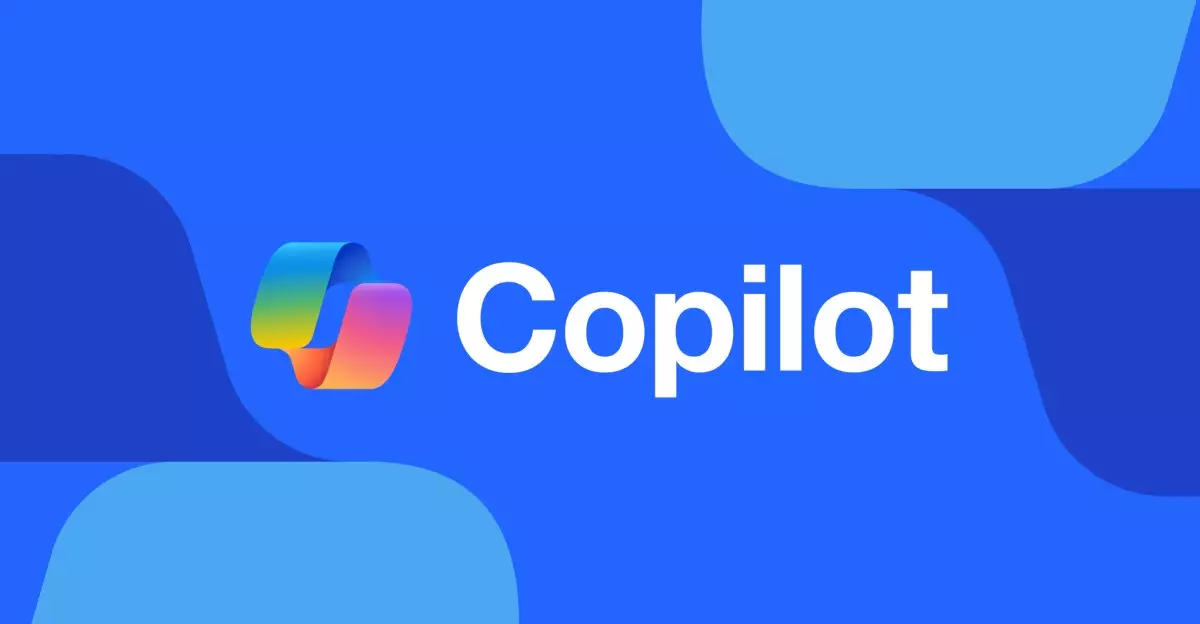In an exciting development for artificial intelligence enthusiasts, Microsoft is set to enhance its Microsoft Copilot with groundbreaking multi-step reasoning capabilities. This latest advancement follows a wave of similar news from tech giants like Google and OpenAI. Specifically, Microsoft is introducing two innovative agents—Researcher and Analyst—aimed at revolutionizing how users interact with data and insights within Microsoft 365. As AI technology continues to evolve, the implications of these new tools could significantly alter the landscape of productivity applications.
Researcher: The AI Research Assistant
The Researcher agent leverages OpenAI’s advanced deep learning models to facilitate intricate multi-step research processes. Its ability to pull data from an array of third-party sources, including popular platforms like Salesforce and ServiceNow, positions it as a formidable resource for businesses eager to make sense of vast data pools. Unlike traditional research methods that often rely on manual data collection and analysis, Researcher automates these processes, aiming to deliver insights that are not only faster but also more accurate. This functionality could empower organizations with the means to make data-driven decisions swiftly, marking a significant departure from conventional approaches to information synthesis.
Analyst: The Power of Data at Your Fingertips
On a parallel track, the Analyst agent utilizes the o3-mini reasoning model to further augment Microsoft Copilot’s functionality. With the ability to convert raw data into well-structured spreadsheets and execute Python code in real-time, Analyst embodies the sophistication of advanced data science tools. This capability allows users, even those without extensive technical expertise, to generate comprehensive reports and insights with a few clicks. The promise of Analyst is profound; it significantly lowers the barrier for entry into complex data analysis, enabling broader participation in the data-driven economy.
Transforming Workflows with AI
Beyond research and analysis, Microsoft is claiming that the new capabilities in Copilot will allow for unprecedented automation of various tasks. The concept of autonomous agents executing complex workflows is revolutionary. Imagine an AI that can manage repetitive tasks, such as directing feedback emails to appropriate team members without manual intervention. However, the true test of these functionalities lies in their execution. As Microsoft rolls out these tools, users will inevitably scrutinize their actual efficiency against established methods.
Promises and Realities: A Critical Perspective
While the announcements from Microsoft paint an optimistic picture of a smarter workplace powered by AI, the historical skepticism surrounding AI tools remains relevant. Claims of “low code” experiences and seamless automation warrant a cautious approach. How effectively these features integrate into daily workflows and truly outperform traditional task management remains to be seen. The reliance on AI should not overshadow the human elements of creativity and instinct that are crucial in decision-making processes.
As we stand on the brink of this AI-enhanced era, it’s crucial for users to approach these advancements with a blend of enthusiasm and critical thinking. Will the promises of Microsoft’s Copilot translate into tangible improvements in productivity, or will they ultimately become another set of complicated tools that fail to live up to their hype? Only time will reveal how these revolutionary agents will shape our professional landscape.

